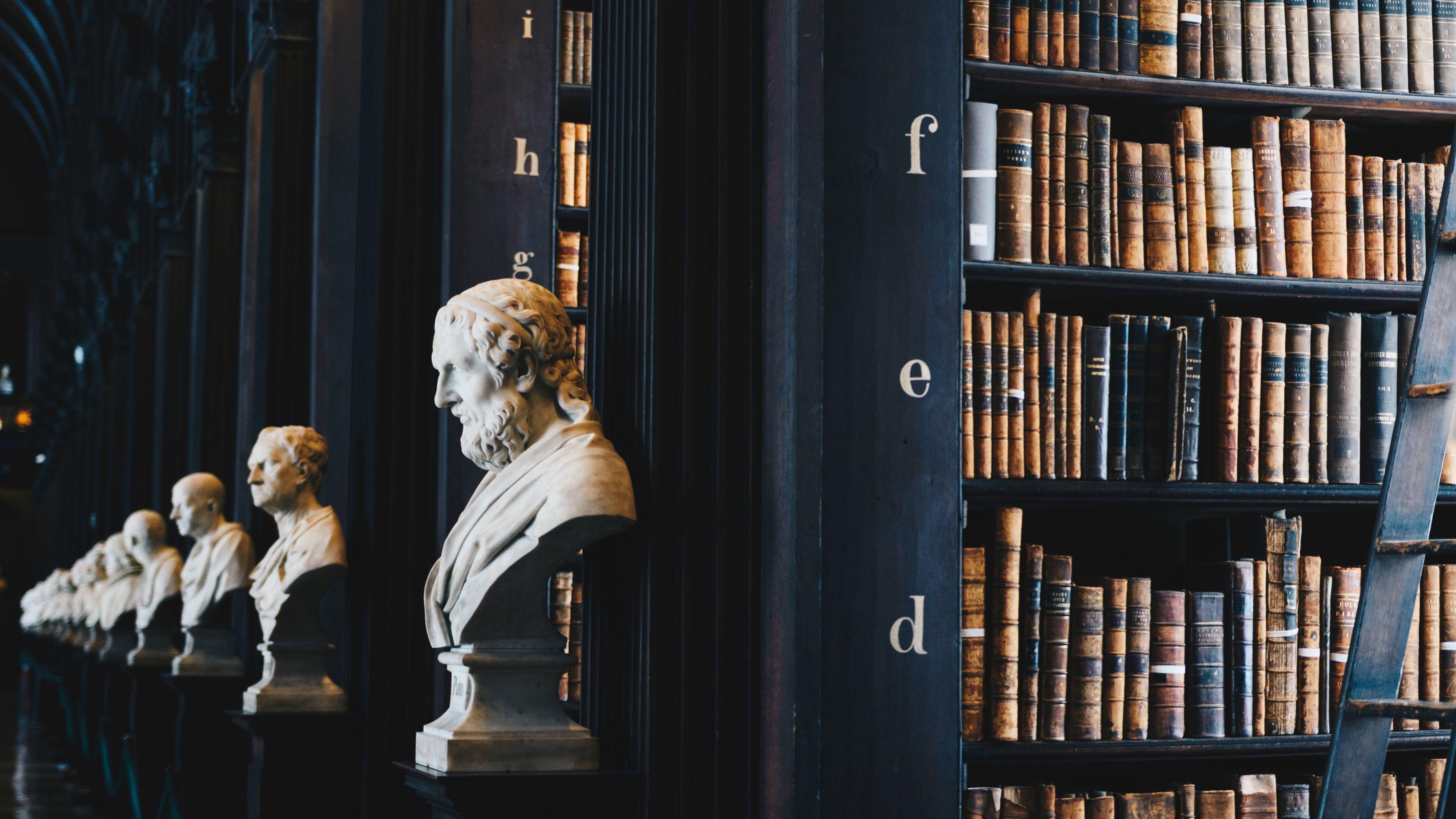
The Liberal Arts were once a study of genius. Now it's just identity politics.

Who Killed the Liberal Arts? presented by Heather Mac Donald
Here’s a tragedy, in its way, on the level of King Lear or Hamlet.
To get a bachelor’s degree in English literature at the University of California at Los Angeles, one of the most prestigious colleges in America, you must take courses in Gender, Race, Ethnicity, Disability or Sexuality Studies; in Imperial Transnational or Post-Colonial Studies; and in Critical Theory. But you are not required to take a single course in Shakespeare.
In other words, the UCLA English faculty is now officially indifferent as to whether an English major has ever read a word of the greatest writer of the English language, but is determined to expose students, according to the course catalogue, to “alternative rubrics of gender, sexuality, race, and class.” Sadly, UCLA is not leading a movement; it is following one.
That movement seeks to infuse the humanities curriculum with the characteristic academic traits of our time: narcissism, an obsession with victimhood, and a relentless determination to reduce the stunning complexity of the past to identity and class politics.
In so doing, the modern professoriate has repudiated the great humanist tradition on which much of Western Civilization – and the Western university – has been built. That tradition was founded on an all-consuming desire to engage with the genius of the past.
The 14th century Florentine poet Francesco Petrarch triggered the explosion of knowledge known today as the Renaissance with his discovery of Livy’s monumental history of Rome and the letters of Cicero, the Roman statesman whose ideas would inspire the likes of John Adams and Thomas Jefferson.
Petrarch’s burning drive to recover the lost cultures of Greece and Rome was widely shared and propelled the Renaissance humanists to search for long-forgotten manuscripts in remote castles and monasteries across Europe.
The great universities spread this new knowledge across the Western world, teaching it to students who in turn taught it to the next generation.
Now compare the classical humanists’ hunger for learning with the resentment of a Columbia University student, who had been required by Columbia’s freshman core curriculum to study Mozart. “Why did I have to listen…to this Mozart?” she complained. “My problem with the core is that it upholds the premises of white supremacy and racism. There are no women, no people of color.”
These are not the idiosyncratic thoughts of one foolish student. They represent the dominant ideology in the humanities today. This student learned to think like this at the university itself.
Rather than encouraging students to engage with the great minds of the past, today’s humanities professors seek only to confirm their own worldview.


















